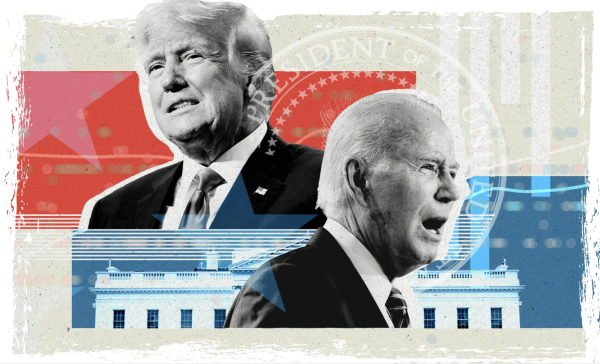Banned: Twitter and Fake News

Social media platforms in the past decade have grown into breeding grounds for new ideas, political movements, and powerful voices. However, in light of recent actions taken by the popular platform, Twitter, these political ideas, movements, and voices may be silenced.
On October 30th, Twitter CEO Jack Dorsey released a series of tweets detailing the new ban the platform will be implementing on paid political promotions.
“A political message earns reach when people decide to follow an account or retweet. Paying for reach removes that decision, forcing highly optimized and targeted political messages on people,” tweeted Dorsey, “We believe this decision should not be compromised by money.”
This move is seen by many as a response to the recent controversy sparked by another social media conglomerate, Facebook. The social media platform has received criticism for allowing politicians to publish false information in paid advertisements with little to no fact-checking.
“I think there is a place and time for everything,” said Camille Castano (11), “with the expense of what’s happening with Facebook, I think Twitter is making the right step too.”
Some people see no issue with false publication, believing that private companies like Twitter and Facebook have no right to censor these politicians and that they retain the freedom of press. Meanwhile, others believe that politicians are far too influential to spread false information to the general public and social media platforms hold the authority to monitor these advertisements.
“The intentions are there to stop the false information from spreading,” said Mackenzie Holland (12), “but people should be allowed to campaign and promote what they want.”
On October 30th, Twitter CEO Jack Dorsey released a series of tweets detailing the new ban the platform will be implementing on paid political promotions.
“A political message earns reach when people decide to follow an account or retweet. Paying for reach removes that decision, forcing highly optimized and targeted political messages on people,” tweeted Dorsey, “We believe this decision should not be compromised by money.”
This move is seen by many as a response to the recent controversy sparked by another social media conglomerate, Facebook. The social media platform has received criticism for allowing politicians to publish false information in paid advertisements with little to no fact-checking.
“I think there is a place and time for everything,” said Camille Castano (11), “with the expense of what’s happening with Facebook, I think Twitter is making the right step too.”
Some people see no issue with false publication, believing that private companies like Twitter and Facebook have no right to censor these politicians and that they retain the freedom of press. Meanwhile, others believe that politicians are far too influential to spread false information to the general public and social media platforms hold the authority to monitor these advertisements.
“The intentions are there to stop the false information from spreading,” said Mackenzie Holland (12), “but people should be allowed to campaign and promote what they want.”
With the upcoming 2020 Presidential Election creeping closer and closer, Twitter’s ban is holding more weight than anyone could expect. The ban will affect many politician’s campaigns, as the platform is largely used to bring publicity to nominees.
“People are very easily manipulated by information,” said Gia Pecenka (12), “It’s not necessarily going to be the right information.”
But the question of how effective these bans will be still lingers. Private companies may have the responsibility to monitor paid promotion, yet only time will tell how social media will handle this issue.
“People are very easily manipulated by information,” said Gia Pecenka (12), “It’s not necessarily going to be the right information.”
But the question of how effective these bans will be still lingers. Private companies may have the responsibility to monitor paid promotion, yet only time will tell how social media will handle this issue.










